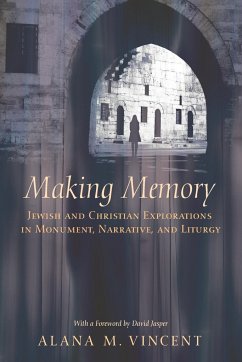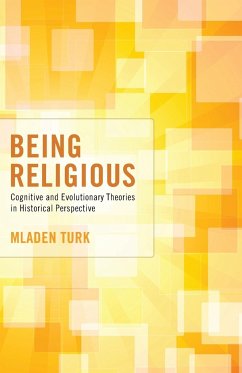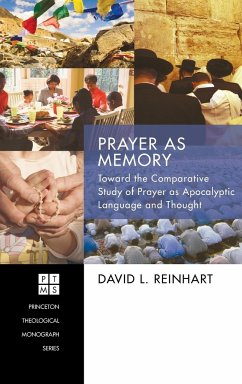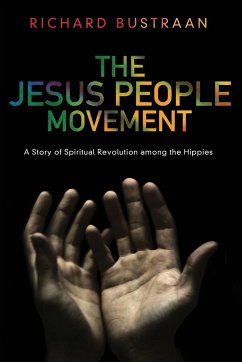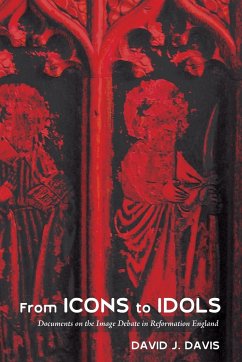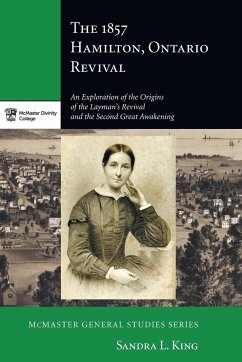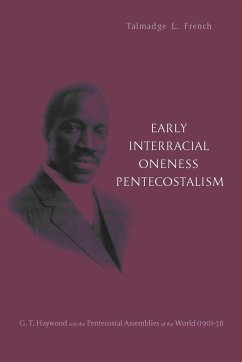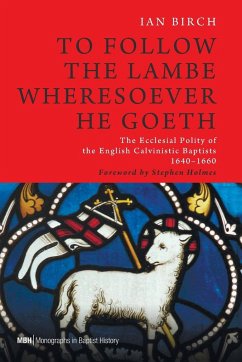The twentieth century has been called a "century of horror." Proof of that designation can be found in the vast and ever-increasing volume of scholarly work on violence, trauma, memory, and history across diverse academic disciplines. This book demonstrates not only the ways in which the wars of the twentieth century have altered theological engagement and religious practice, but also the degree to which religious ways of thinking have shaped the way we construct historical narratives. Drawing on diverse sources--from the Hebrew Bible to Commonwealth War Graves, from Greek tragedy to post-Holocaust theology--Alana Vincent probes the intersections between past and present, memory and identity, religion and nationality. The result is a book that defies categorization and offers no easy answers, but instead pursues an agenda of theological realism, holding out continued hope for the restoration of the world.
Hinweis: Dieser Artikel kann nur an eine deutsche Lieferadresse ausgeliefert werden.
Hinweis: Dieser Artikel kann nur an eine deutsche Lieferadresse ausgeliefert werden.

